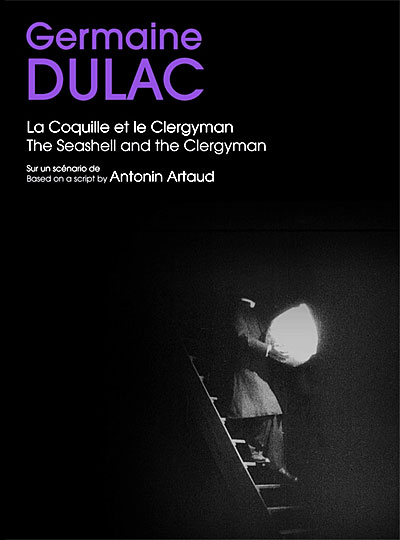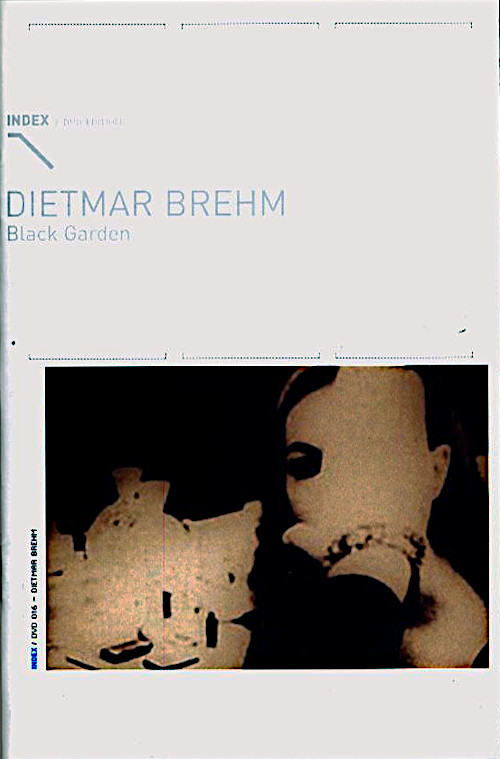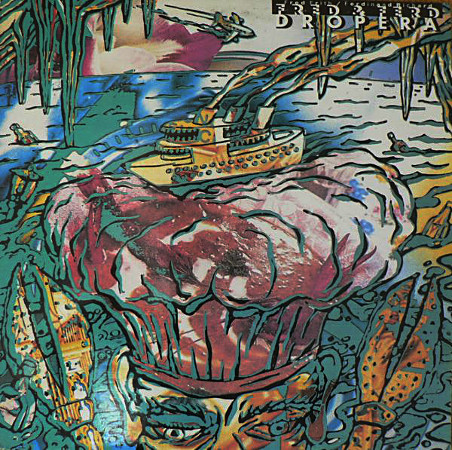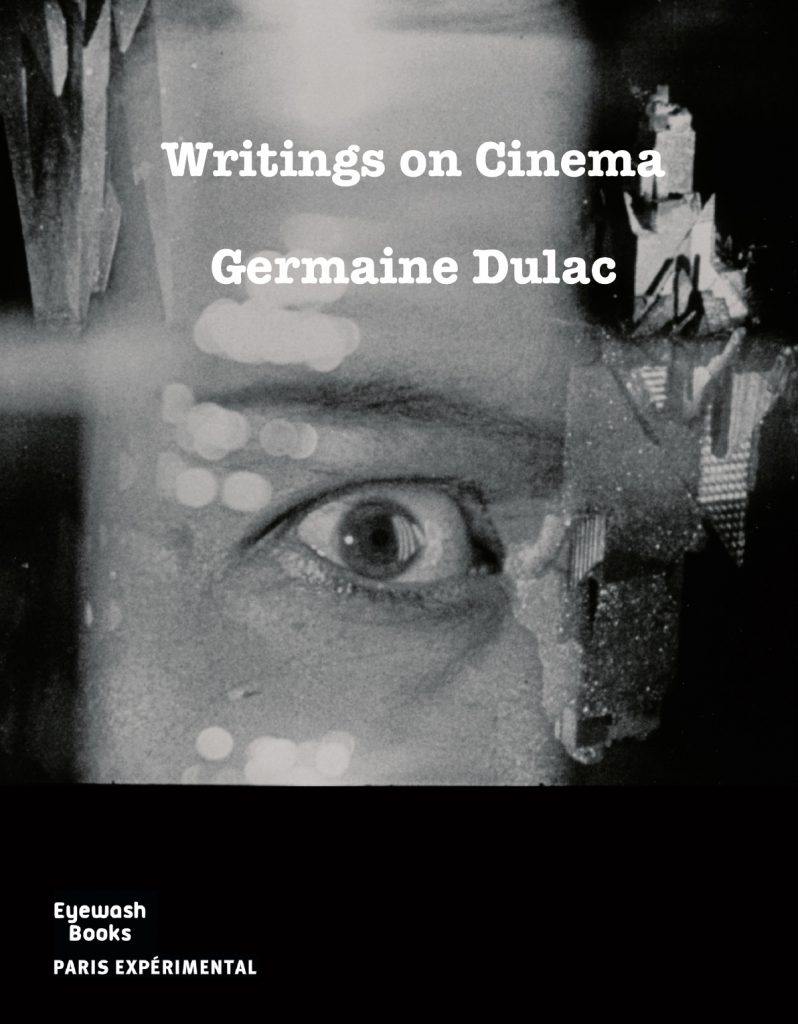Germaine Dulac - Writings on Cinema 1919-1937
Finally, an english translation from the original 1994 French edition, with a new preface by Prosper Hillairet that puts Dulac’s importance and current relevance into perspective, and a foreword by Tami M. Williams, president of Domitor – the International Society for the Study of Early Cinema.
Germaine Dulac is among the most important figures of French silent cinema, even world cinema tout court. An adventurous filmmaker, subtle theoretician, and powerful feminist with a non-conforming sexuality, she bridged ‘Impressionist’ and Surrealist cinema, ending her career with documentary films in the politically turbulent 1930s. Her writings, made available in English for the first time in an excellent translation by Scott Hammen, are simply a must-have for any scholar or lover of cinema as well as for scholars of gender and sexuality.
A pioneer of cinema, Germaine Dulac (1882-1942) is one of the major figures of the 1920s French Avant-Garde. Hugely influential, she founded and directed numerous organisations and, in parallel, was a tireless activist in the defense of women’s rights.
In her films, Dulac explored new possiblities of expression in cinema. She directed over twenty films starting in 1916. Among her notable films are La Souriante Mme Beudet (1923) and La Coquille et le Clergyman (The Seashell and the Clergyman, 1927), from a scenario by Antonin Artaud.
Writings on Cinema presents another side of her multi-faceted career as filmmaker and feminist: Dulac as writer, theoretician, and public speaker. The book brings together her principal texts, interviews, and speeches, where, in her passionate style, Dulac presents her concept of cinema.
She argues for a cinema of liberation, of unbounded creativity, striving to define the inate qualities of the new art form around a key concept of the French avant-garde: cinema as motion. She addresses the major issues of the era such as the coming of sound and color, film as an educational tool, and, above all, how the cinematic image is a reflection of the modern age.
This reflection on the concept of representation, an in-depth exploration of the cinematic theories of the 1920s, has lost none of its force and relevance today as new technologies and approaches to image-making emerge.
Paperback, published in 2020, 335 pages.
fthry
€25.00

Germaine Dulac - La Coquille Et Le Clergyman (The Seashell And The Clergyman)
Directed in 1927 by Germaine Dulac and scripted by Antonin Artaud, The Seashell and the Clergyman is generally considered to be the first Surrealist film: a key..(read more)
Artist: Germaine Dulac
Medium: DVD + Book
Category: Films.
Tags: Cinema, Early 20th Centurym, Early Cinema, Surrealism.

Dietmar Brehm - Black Garden
Label: Index
Artist: Dietmar Brehm
Category: Films.
Tags: Avant-Garde, Experimental.

Fred & Ferd - Dropera
Recorded in 1989, but not issued until 1991, experimental guitarist Fred Frith's team up with avant-garde Richard needs the lyric sheet for any non-French ..(read more)
Label: RecRec Music / ReCDec 32
Artist: Fred & Ferd
Medium: CD
Category: Records & Tapes.
Tags: Avant-Garde, Jazz, Prog-Rock.




